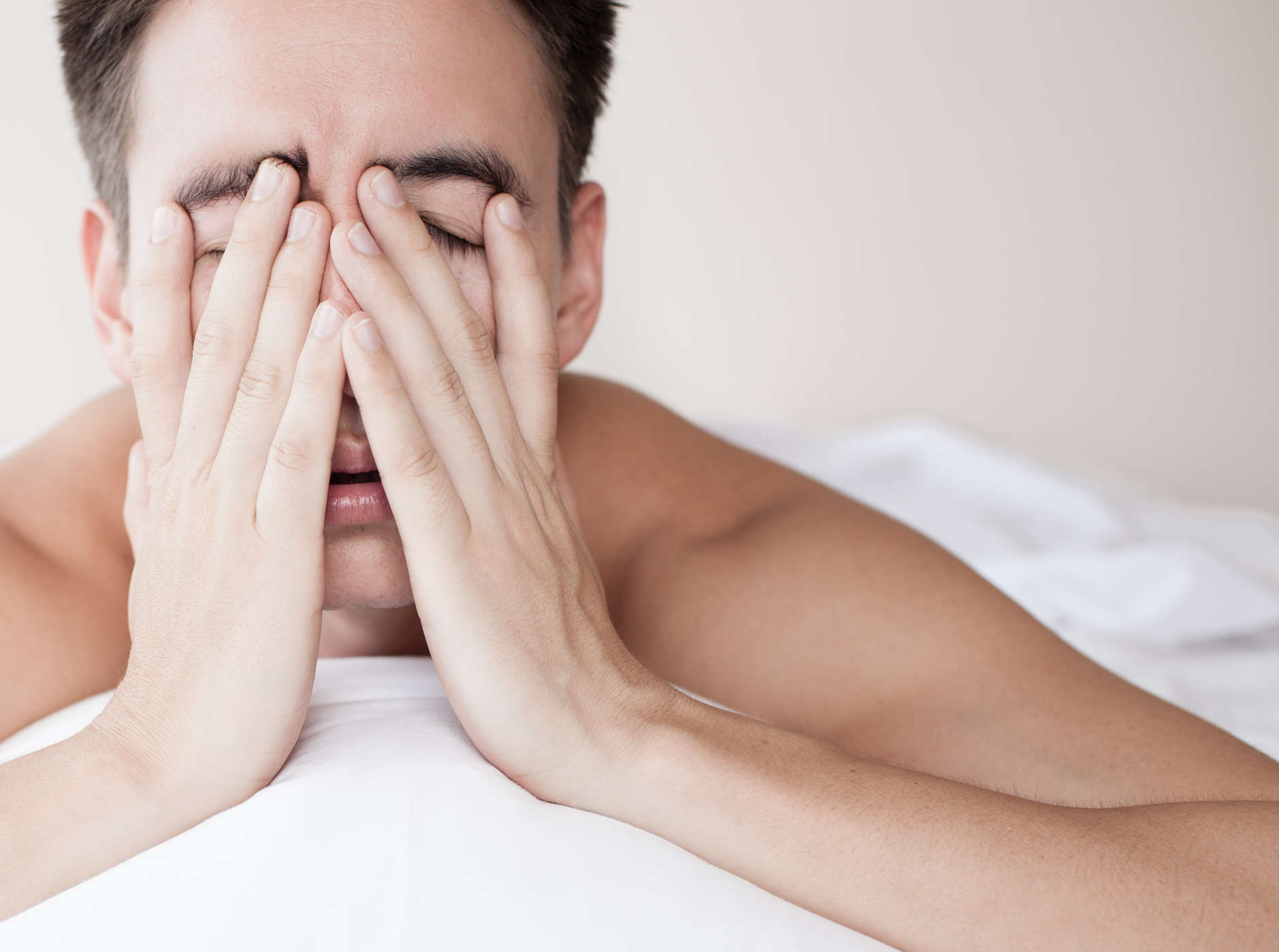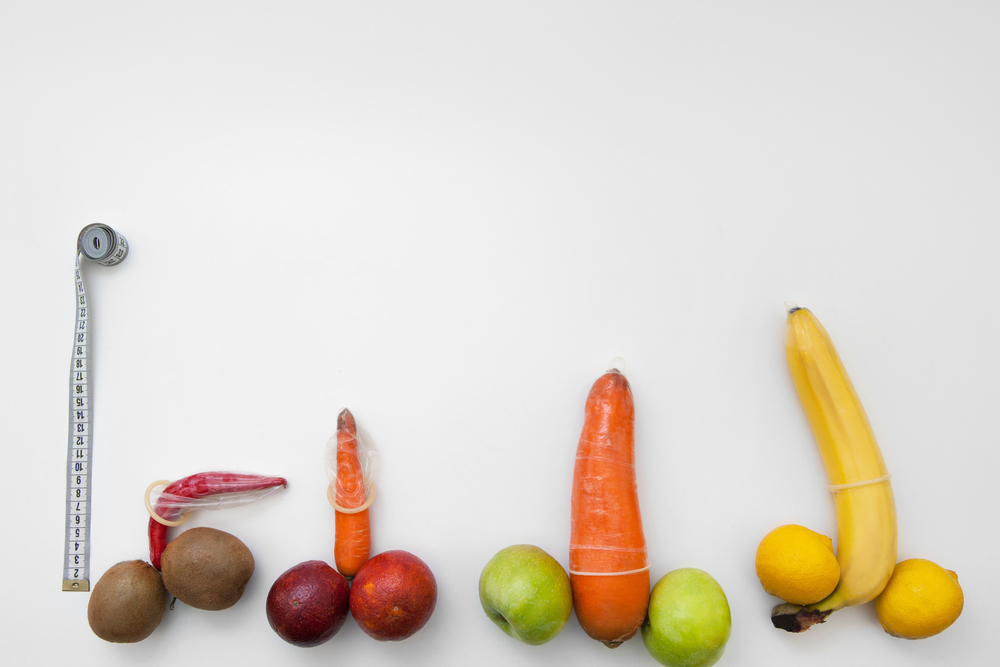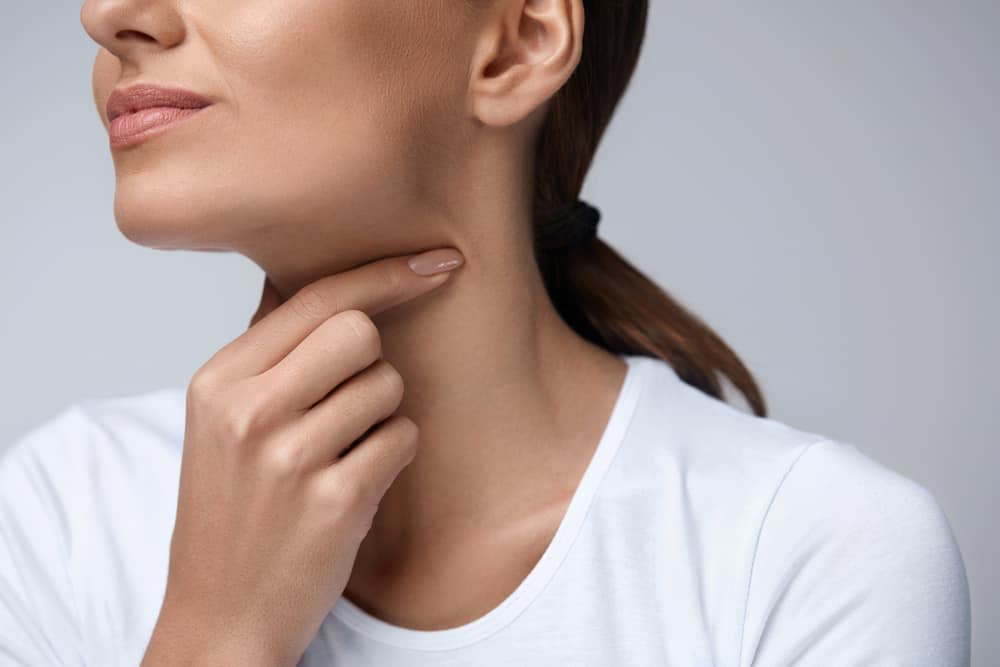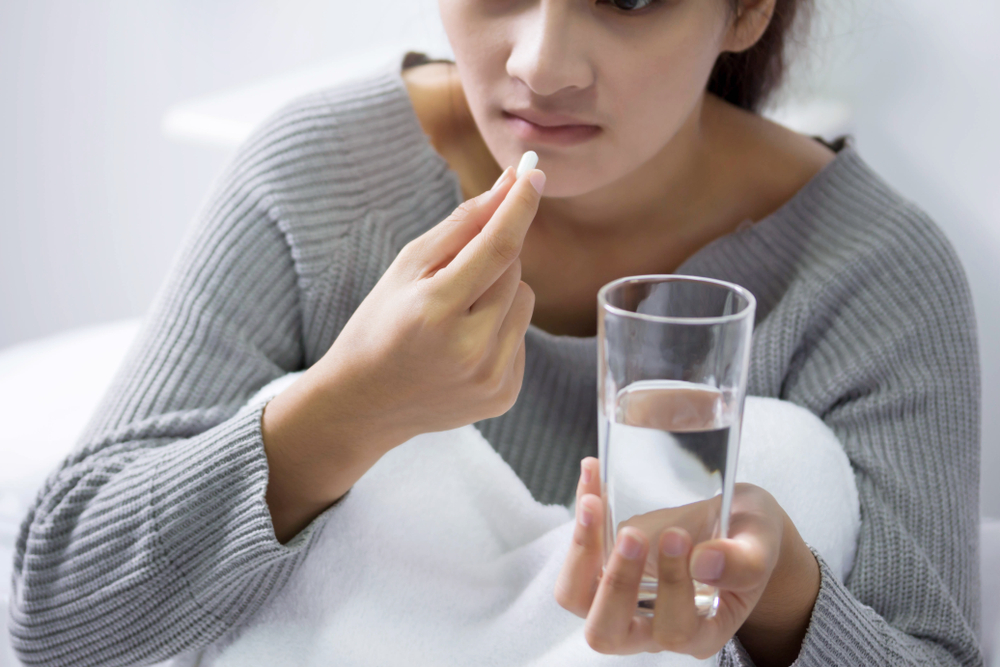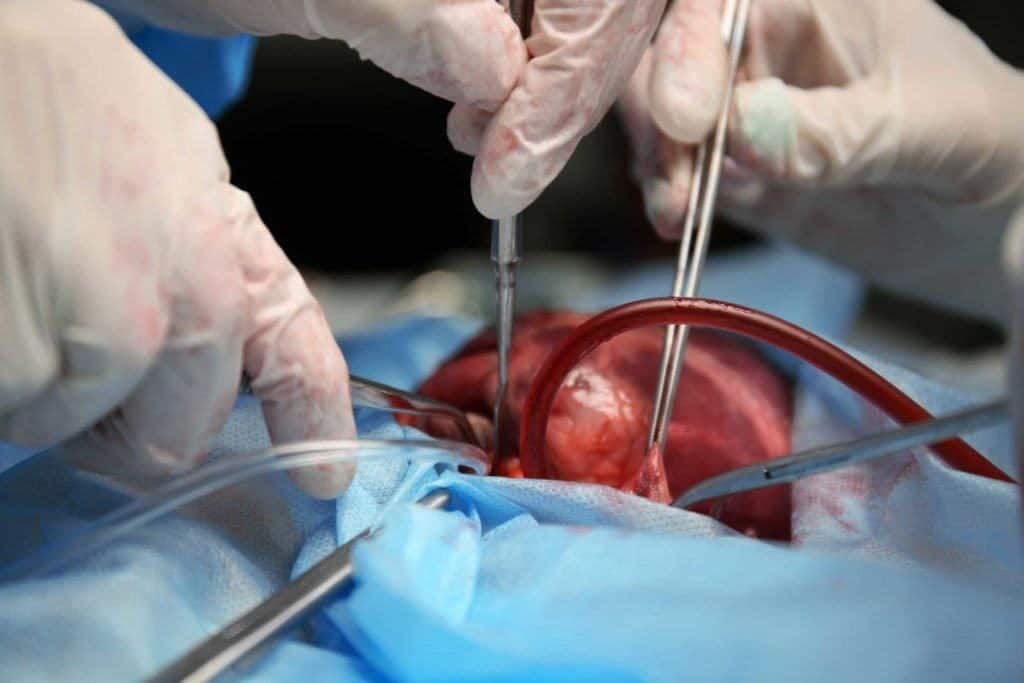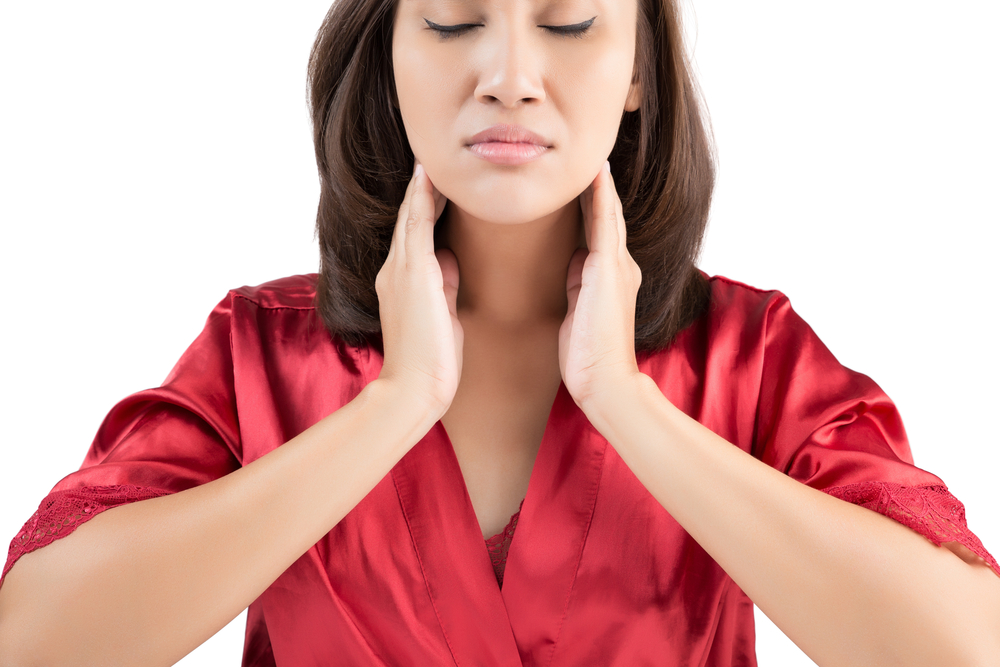Contents:
Medical Video: How to minimize hangovers
Hangovers are a group of symptoms that usually appear in the morning after drinking too much alcohol. You may be more familiar with the term "jazzed". But, the medical term used to describe a hangover is "veisalgia" - rooted in Norwegian "kveis' which means" anxiety after orgies ".
Signs and symptoms of a hangover consist of a headache, feeling unwell, dizziness, drowsiness, confusion, and thirst. This can last a day. In addition to physical symptoms, increased anxiety, anxiety, regret, shame, and symptoms of depression can also appear as a hangover.
Why does a hangover happen?
Scientists and doctors have not fully understood what is the exact cause of hangovers, aka drunkenness. What we know, a hangover is a side effect of the body's immune system that is overwhelmed with alcohol levels exceeding the tolerance limit.
Hangovers occur when you drink glasses of nearby alcohol at a time. Reporting from Medical Daily, drinking a lot of alcohol does prove to be beneficial to health. For example, alcohol can reduce the risk of heart disease by increasing good cholesterol levels, or reducing the risk of cognitive damage such as Alzheimer's and dementia, up to 23 percent. All of these benefits can be obtained if alcohol is consumed within reasonable limits.
However, liver enzymes convert alcohol in the body to acetaldehyde, which is dangerous. It takes at least an hour for the body to be able to process these toxic chemicals into acetate, a chemical compound safe for the body.
Three wrong ways to deal with hangovers
There are many false myths out there about effective ways to cure hangovers. But, wrongly, this habit can actually make the side effects of drunk alcohol worse. Anything?
1. 'Rinse' alcohol left over overnight with new alcohol
Reporting from WebMDthe hangover effect starts when blood alcohol levels decrease; the worst symptoms will attack you when your blood alcohol level reaches zero. Based on this statement, the myth arises that drinking alcohol in the morning will relieve the hangover effect.
In a state of unconsciousness, the digestive system will be in a phase of rest and work slowing down. Thus, the metabolic process of acetaldehyde will also be delayed. Drinking alcoholic beverages in the morning to 'rinse' the remaining alcohol overnight will actually increase the level of alcohol toxicity in the body, and can trigger more drinking.
The severity of the hangover will depend on the level of alcohol in the blood, how fast and how much you drink. So, the more you drink, the level of acetaldehyde in the body will also accumulate. The liver will need extra energy and time to metabolize it. That is, the worse the teler effect that you will feel all day.
When you hangover, you will most likely be dehydrated and lack important minerals, such as magnesium and potassium. Symptoms of dehydration include headaches, mouth feels dry, head feels spinning, and thirsty. You are also more likely to feel nauseous. Alcohol is an irritant that can cause inflammation of the lining of the stomach and digestive disorders.
Some of these symptoms will get worse if you consume heavy alcohol in the morning, such as whiskey, compared to a more liquid drink, such as beer.
2. Drink juice or coffee
The reason behind these two myths seems to start from the symptoms of dehydration that are commonly experienced after post-hangover. According to many stories, drinking detox juice in the morning will speed up the metabolic process of removing toxins from the remaining alcohol in the body.
The problem is, you will need just gallons of fruits and vegetables to meet the sugar levels your system needs to really change the speed of its metabolism. In addition, many studies have revealed that juice actually actually slows alcohol metabolism.
Although the trick of drinking detox juice is quite effective for you, you still have to deal with a surge of insulin and blood sugar in the body. Both are even worse than hangovers.
Same with coffee. Although the side effects of drinking too much coffee will outweigh the pain of your hangover, of course insomnia, anxiety, anxiety, abdominal pain, nausea and vomiting, heart palpitations, and rapid breathing are not the solutions you also want.
Drink water or electrolyte liquid instead of the two drinks above. Drink a large glass of water for each glass of alcohol you drink throughout the night. As a guide: 1 shot = 1 glass of wine = 1 bottle of beer = 1 large glass of water. Drink water at night between your alcohol, before going to bed, and after waking up in the morning. Water is the best source of liquid. In addition, this technique also helps you to manage your alcohol consumption.
3. Take painkillers before going to bed
Don't take acetaminophen before going to bed, no matter what the myth says. When the body is normal, acetaminophen is effective in relieving pain. But, after drinking glasses of alcohol, acetaminophen can be toxic to your body.
During the night, the heart works hard to treat alcohol in the body so that the acetaminophen you consume before going to bed will be processed in a separate path and turn it into a toxic compound. Side effects, you will experience inflammation of the liver and permanent liver damage.
Antacids can reduce nausea and indigestion due to high alcohol. Aspirin and other anti-inflammatory drugs can help relieve muscle aches and headaches. However, an anti-inflammatory drug is an irritant agent that can cause severe stomach pain.
The best alternative is ibuprofen. As long as you don't consume it before going to bed. The reason, the effectiveness of ibuprofen only lasts for approximately four hours, so you will not feel it in the morning. Try to get up at the time before you wake up in the morning and take ibuprofen. Maybe it will need a big struggle for you to get up and reach for the drug, but you will feel much better in the morning.
In addition, make sure your stomach is full before you start drinking. The valve in the stomach closes once the digestive process starts and it will take a long time for alcohol to enter your system. Filling foods will focus your stomach to slow down the movement of food and fluids through your body so that the digestive process can occur. However, choose foods that contain high fat and protein (not junk food) to help regulate alcohol absorption in the body.
READ ALSO:
- Why can Drunk Happen?
- What Is the Influence on Babies If Mothers Drink Alcohol During Pregnancy?
- 5 Ways to Don't Return to Alcohol

